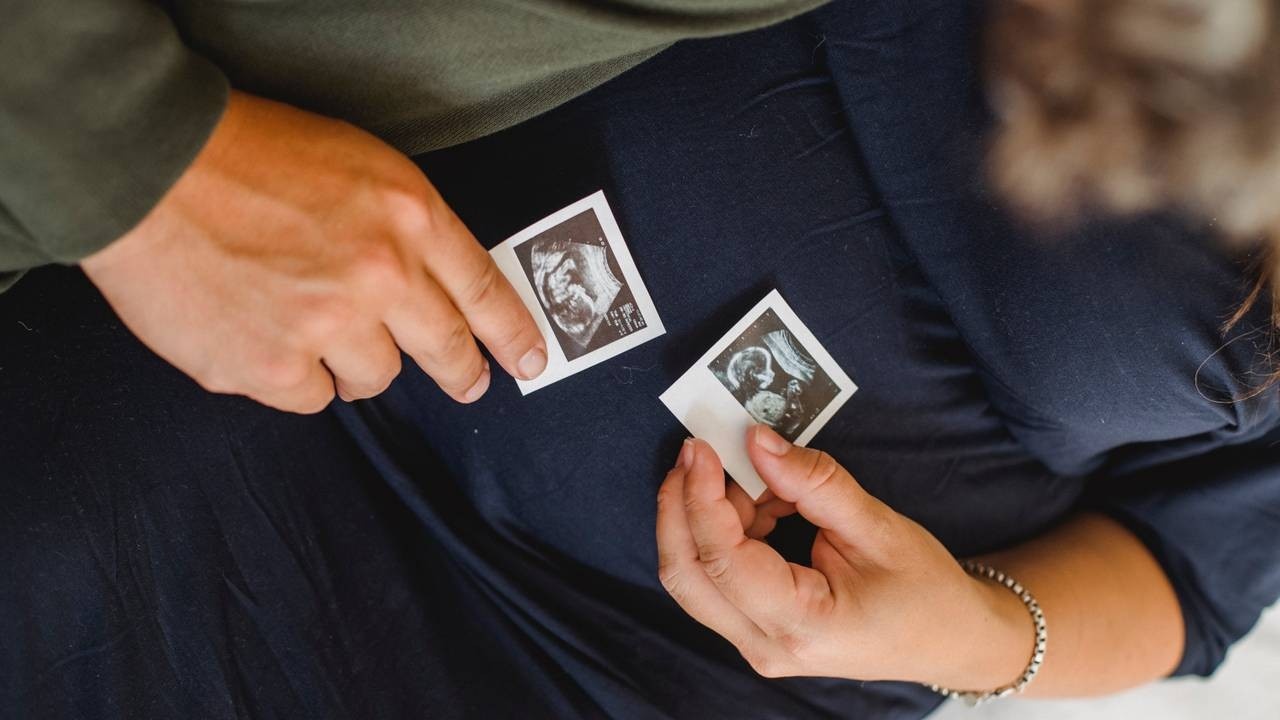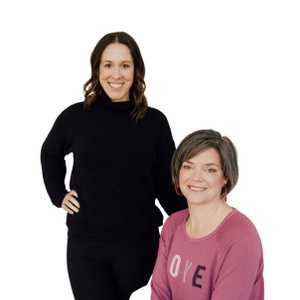Welcome to the She Found Motherhood Podcast + Blog
Bookmark this page or follow us on your favourite podcasting platform for weekly episodes about a range of topics! Researched and evidence based, featuring a wide variety of guest experts and Drs. Sarah & Alicia!
By now you’re probably familiar with Dr. Ginevra Mills. She's an obstetrician gynecologist with a specialty in reproductive endocrinology and infertility, a special interest in PCOS and lifelong health, and she's got three young kiddos of her own! We’ve been talking to her about fertility: how it ch...
In Part II of our three part series on fertility, Dr. Genevra Mills, an obstetrician gynecologist with a specialty in reproductive endocrinology and infertility with three kiddos of her own, discusses with us causes of infertility. She gives us a most helpful breakdown of the main reasons for infert...
Fertility is a fascinating topic that touches almost everyone’s lives in one way or another. It is an evolving field of study that can be clouded with misinformation, lack of education, and new findings that have altered some of our fundamental understanding of the science behind it. This is why we ...
Fertility.
The fact of the matter is that humans are not that great at reproduction. Even in the best circumstances, a young healthy woman only has about a 15-20% chance of becoming pregnant within one ovulation cycle. All types of fertility require a certain amount of patience and effort - and th...







